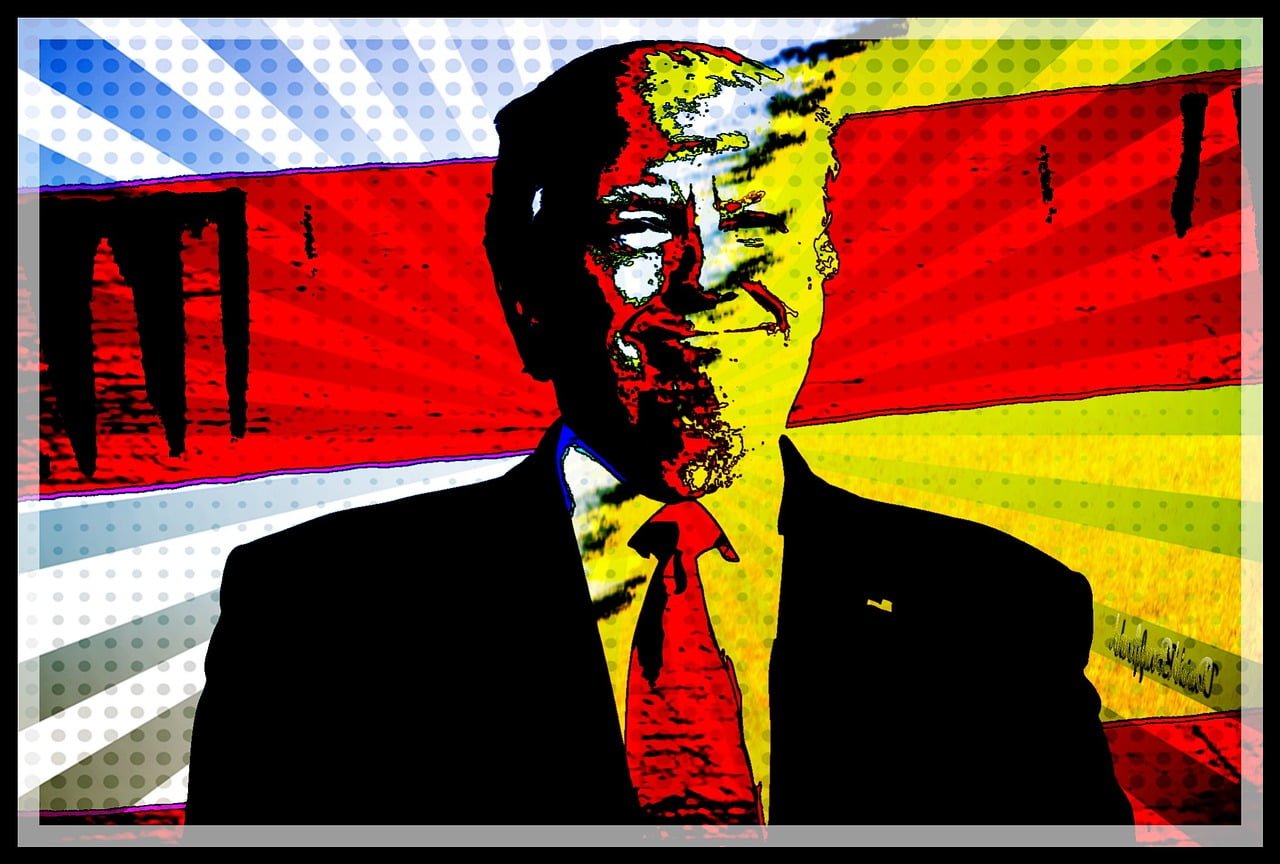Freedom in education is similar to freedom in general. Simply put, freedom gives you the opportunity to live your life however you see fit, but does not tell you how to live your life. Freedom is agnostic to morality, although you cannot have morality without freedom. That is, if you are only doing “the right thing” because some puppet master is pulling your strings, then that’s not you doing what’s “right.” Your master gets credit for that.
Furthermore, it’s sometimes difficult to know what “the right thing” is. Discovering what’s right and wrong, both for the individual and society, necessitates the kind of risky speech and behavior that only freedom properly allows. The mistake many schools make is in conflating morality with compliance.
So what do you say to a fourteen-year-old who has total academic freedom?
Freedom in education, known in homeschooling circles as “self-directed education” or “unschooling,” is even more important than freedom in a general sense, since the only things that are truly within our control are our thoughts, words, and deeds. Any kind of encroachment on our right to what influences our thoughts, what rhetoric we may use, or what action (or lack thereof) we may take, is a direct attack on our ability to manifest within ourselves our maximum potential. Virtually all public, private, and charter schools commit the sin of prioritizing curriculum over the sovereign human who is being subjected to it.
Assuming this, and assuming an environment of academic freedom for students of all ages, what advice or guidance do you give to the young scholar, if any at all? For example, freedom in a more general sense means that we should be able to choose to eat fast food every day, spend forty hours a week in front of our social media, and spend all of our money on plastic jewelry. Obviously, these are poor choices, but choices that we are allowed in a free society.
So what do you say to a fourteen-year-old who has total academic freedom? I would be tempted to start with “find something bigger than yourself and pour your soul into it.” I think that’s really good advice, but it’s also insufficient. ISIS fighters have found something bigger than themselves, and are willing to die in its name.
“Don’t be afraid of offending people” is also really good, albeit insufficient advice. To paraphrase Brendan O'Neill, giving offense is the necessary vehicle for social progress. However, screaming racial slurs in a crowded shopping mall is going to give plenty of offense without moving the social-progress-ball any closer to the goal line.
Be honest, with yourself, and then with others.
Maybe the best advice I would give a young person fortunate enough to find themselves in an environment of self-direction, is to have some humility. Make a sincere inquiry after the truth be the goal. Hold on loosely to strongly-held opinions. Don’t hold winning as the goal of conversation. Move in and out of your comfort zone. Be honest, with yourself, and then with others.
Be aware of your emotions, and listen to them, but don’t allow them to hijack your ability to think and act reasonably. Make your mantra, “I’ll never know everything. I might be wrong. But this is what I honestly believe.” Always…always…try your best! But again, have some humility.
Brian Huskie
Brian Huskie is an Operation Iraqi Freedom veteran, a public school teacher, a homeschooling father, and the author of A White Rose: A Soldier's Story of Love, War, and School.
This article was originally published on FEE.org. Read the original article.







